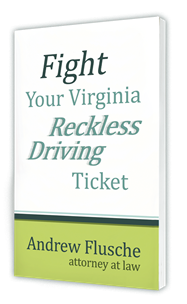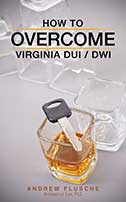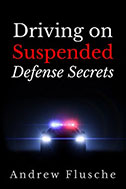Speeding Conviction REVERSED Due to Improper Calibration Certificate
Earlier this week the Virginia Court of Appeals reversed a speeding conviction by finding that the trial judge improperly accepted the officer’s tuning fork calibrations into evidence.
What was the problem? It’s an issue I’ve talked about before: is the calibration certificate a “true copy”?
The officer waving a piece of paper around isn’t enough. Virginia law specifies that a tuning fork calibration record must be a “certificate” or a “true copy.” In other words, they need the original certificate itself or a valid copy. Not just any old copy will work.
Occasionally I see an officer bring in a xerox copy of a certificate. That’s insufficient. A “true copy” must meet the requirements found in Virginia Code 8.01-390 or 8.01-391. Basically, it needs some type of certification and signature to confirm that it really is a correct copy of the original.
In the case earlier this week, the copied certificate was signed by a person whose title was listed as “Admin. Staff Spec.”. There was no indication on the paper that she was the custodian of the original. The trial judge let the certificate into evidence, but the Court of Appeals said that doesn’t meet the requirements under the law.
What’s the moral of the story? A good attorney can sometimes find issues to help you win your speeding or Virginia reckless driving case, even if the evidence seems stacked against you.
Photo by AceFrenzy




